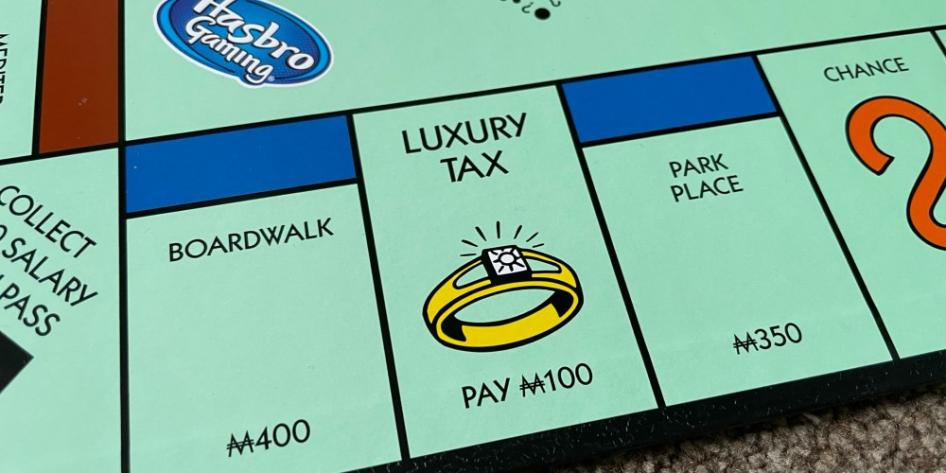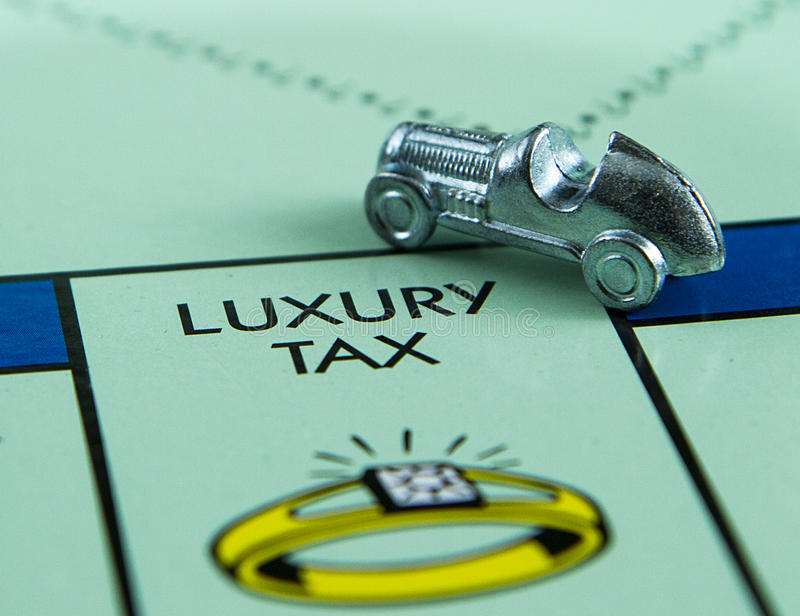The luxury tax could be calculated as a percentage of the whole purchase price, or it might be calculated as a percentage of the amount that is more than some predetermined threshold. For instance, a luxury tax may be levied on acquiring a vehicle that costs more than $70,000 or on real estate transactions that exceed $1 million.
Understanding a Luxury Tax
Taxes on everything are contentious, but certain taxes are more contentious than others. Buyers of products and services inside a jurisdiction that imposes a sales tax are often required to pay that tax on their purchases. When applied to necessities such as food and medication, sales taxes are disproportionately onerous to consumers with lower incomes since these customers are required to pay a greater proportion of their income in sales taxes.
Luxury taxes generally fall into two categories:
- Every consumer, regardless of their level of wealth, is required to contribute to the funding of so-called "sin taxes," which are levied on items like cigarettes and alcoholic beverages. Whoever has a problem with it should stop purchasing it. The government is doing two things at once by imposing the tax: first, it is discouraging the use of these items, and second, it is earning cash from those who continue to purchase them.
- Taxes are levied on goods that can only be bought by the richest customers, who presumably have the financial means to cover the additional expense.
- Because only a portion of the population is affected, both taxes have a fair amount of support.
However, taxes on luxury goods may sometimes be politically contentious issues. It included a wide range of luxurious items, such as boats, private aircraft, furs, and jewels, among other things. The tax was eliminated in 1993 because it was responsible for the demise of the yacht industry and, in turn, the loss of many employees in the United States.
The Politics of Luxury Taxes
During times of war, taxes on luxury goods are sometimes implemented either to raise income for the government or to finance another significant cost without imposing taxes on the general population. Their detractors point to the potential for a loss of jobs as a reason to oppose them, yet the overwhelming majority of people won't even be touched by this and won't even care.

On the other hand, taxes on luxury goods don't always accomplish their intended purpose. In 1696, householders in England were required to pay a "window tax." It was hypothesized that individuals with larger homes with more windows should be required to pay a higher tax rate than those who lived in more basic housing. As quickly as possible, wealthy individuals throughout the land boarded up the majority of the windows in their homes.
Defining Luxury
It is reasonable to anticipate that a luxury tax will not impact the vast majority of taxpayers because luxury products are associated with rich members of society. On the other hand, people's perceptions of what constitutes a luxury item will shift over time, and as a result, the number of individuals subject to this progressive tax will grow. If the government needs to boost its income, luxury taxes may be imposed on commodities regarded as typical or ordinary goods. The so-called "yacht tax" was only in effect in the United States from 1991 to 1993 before it was finally repealed since it was responsible for the loss of jobs. The notion of luxury may be rather ambiguous in this context, which makes expensive properties a common target of luxury taxes. Certain states levy a "mansion tax" on the transfer of ownership of properties with values above a specific threshold.
This threshold is one million dollars in the state of New York. It's possible that only the richest purchasers in Syracuse or Rochester would consider paying that much for a property, but it's a rather low price point in Manhattan. At the threshold of $100,000, Vermont's mansion tax becomes applicable. In Vermont, purchasing a house will cost you roughly $261,000 on average.

The Economic Theory of Luxury Taxes
In economics, luxury products are referred to as Veblen goods, named after Thorstein Veblen, credited with coining the term "conspicuous consumption." Veblen is recognized for his work on the subject. This categorizes them as items for which demand grows in proportion to a rise in price. The more the expense of something, the greater the desire for it. As a result of the fact that taxes make a product more expensive, the consequence of luxury taxes should be a rise in the demand for products that are considered to be luxurious. Some individuals dream of owning a boat but end up settling for a canoe instead.




